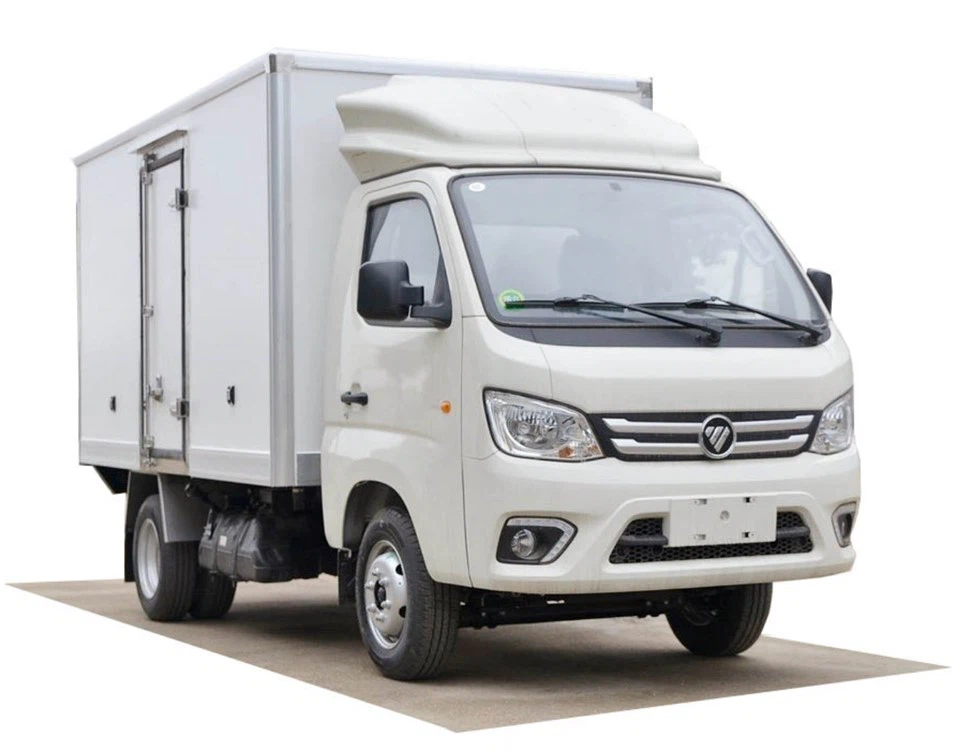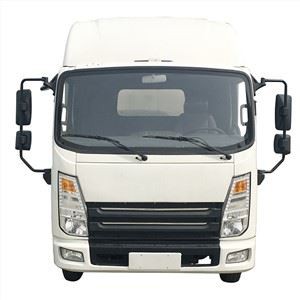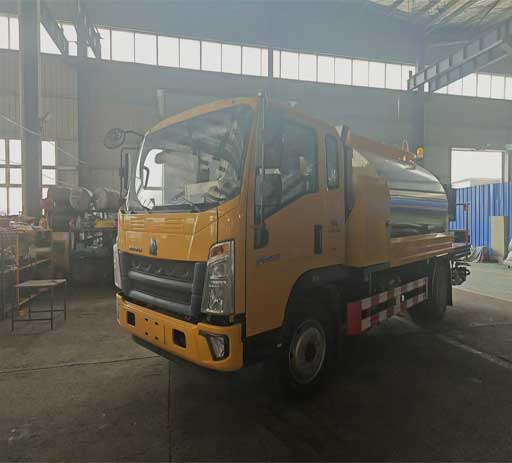Understanding Roll-Off Dumpster Trucks: A Comprehensive Guide

Roll-off dumpster trucks are essential vehicles in the waste management industry. They have transformed the way we handle debris and waste disposal, catering to a variety of needs from residential renovations to major construction projects. This article will explore the intricacies of roll-off dumpster trucks, including their operation, benefits, types, and maintenance. We will also provide practical tips and answer common questions to help you understand how these machines impact our daily lives.
What Is a Roll-Off Dumpster Truck?
A roll-off dumpster truck is a specialized vehicle designed for transporting large containers known as roll-off dumpsters, which are commonly used for waste collection and disposal. These trucks have a unique loading mechanism that allows for the dumpsters to be rolled on and off the truck, facilitating easy loading and unloading.
How Roll-Off Dumpster Trucks Work
Roll-off dumpster trucks are equipped with a hydraulic system that operates a cable or a hook system to lift and lower dumpsters. Here’s a simple breakdown of the process:
- The truck approaches the designated area where the dumpster is to be loaded or unloaded.
- The driver engages the hydraulic system to lower the dumpster onto the ground.
- For loading, the driver uses the system to lift the dumpster back onto the truck bed.
Benefits of Roll-Off Dumpster Trucks
Using roll-off dumpster trucks offers numerous advantages, making them a popular choice for various industries.
1. Versatility
Roll-off dumpsters come in various sizes (typically ranging from 10 to 40 cubic yards), making them suitable for different types of projects, from household cleanouts to large construction jobs.
2. Efficient Waste Management
These trucks can hold a substantial amount of waste, reducing the number of trips needed to dispose of materials, thus saving time and resources.
3. Accessibility
Roll-off dumpsters are easy to place in locations that may be difficult for standard garbage trucks to access, such as construction sites, parking lots, or residential properties.
4. Environmental Benefits
Proper waste segregation and disposal through roll-off dumpsters help minimize landfill waste, encouraging recycling and reuse of materials.
Types of Roll-Off Dumpsters
Different types of roll-off dumpsters cater to specific needs. Here’s a breakdown of the common types:
| Type | Capacity | Best For |
|---|---|---|
| 10-Yard Dumpster | 10 cubic yards | Small renovations or cleanouts |
| 20-Yard Dumpster | 20 cubic yards | Medium-sized projects, like home remodeling |
| 30-Yard Dumpster | 30 cubic yards | Large construction jobs or major home cleanouts |
| 40-Yard Dumpster | 40 cubic yards | Commercial renovations and large construction debris |
How to Choose the Right Roll-Off Dumpster Truck
Selecting the right roll-off dumpster truck involves considering several factors to ensure you meet your project requirements efficiently.
1. Assessing Waste Volume
Determine how much waste you expect to generate. Larger projects typically require larger dumpsters and more frequent truck services.

2. Type of Waste

Not all dumpsters can handle every type of waste. Hazardous materials and specific construction debris may require specialized containers.
3. Location
Consider where the dumpster will be placed. Ensure there is enough space for the truck to maneuver without obstructing traffic.
Operational Guidelines for Roll-Off Dumpster Trucks
Understanding key operational practices can enhance the safety and efficiency of using roll-off dumpster trucks.
1. Safety Protocols
Safety is paramount when operating a roll-off dumpster truck. Here are critical guidelines:
- Always wear safety gear, including hard hats and gloves.
- Conduct vehicle inspections before use.
- Be cautious of overhead power lines during loading and unloading.
2. Proper Loading Techniques
To maintain balance and avoid damage, load dumpsters evenly and not beyond their weight limits.
Maintenance of Roll-Off Dumpster Trucks
Regular maintenance is crucial for the longevity and efficiency of roll-off dumpster trucks.
1. Regular Inspections
Perform routine checks for mechanical components, brakes, and hydraulic systems to identify potential issues before they escalate.
2. Tire and Brake Maintenance
Ensure tires are adequately inflated and brakes are functioning correctly to enhance safety during operations.
Cost Considerations for Roll-Off Dumpster Truck Rentals
The cost of renting a roll-off dumpster truck can vary widely based on several factors.
1. Size and Duration
Generally, larger dumpsters and longer rental periods will increase costs. Rates may include:
- Flat rate for the dumpster
- Additional fees for extended rental
- Disposal fees based on waste type
2. Location
Prices can vary depending on location. Urban areas might have higher costs compared to rural areas due to demand and logistics.
Examples of Roll-Off Dumpster Uses
Roll-off dumpsters are versatile and can be used in various scenarios, such as:
1. Home Renovations
During home renovations, roll-off dumpsters offer a centralized location for debris, simplifying waste disposal.
2. Construction Projects
Construction sites generate a large variety of waste, making roll-off dumpsters essential for efficient waste management.
3. Special Events
Hosting large events can produce considerable waste. Roll-off dumpsters provide a practical solution to manage this overflow effectively.
FAQs About Roll-Off Dumpster Trucks
1. What types of waste can go in a roll-off dumpster?
Common wastes include construction debris, household junk, yard waste, and some bulky items. However, hazardous materials usually require separate disposal.
2. How long can I keep a roll-off dumpster?
Typically, rental periods can range from a few days to several weeks, depending on the provider and project needs.
3. Are there weight limits for roll-off dumpsters?
Yes, each dumpster has a weight limit that must be adhered to avoid additional fees and ensure safety.
4. Can I place a dumpster on the street?
In most cases, yes. However, you may need a permit depending on local regulations and street access.

5. What happens if I exceed the capacity of my roll-off dumpster?
If you exceed the capacity, you may incur overage fees or your waste may not be collected until it is properly sorted.
6. How do I determine the right size dumpster for my project?
Evaluate the amount and type of waste generated, then consult with a rental company to select an appropriate dumpster size based on your needs.
